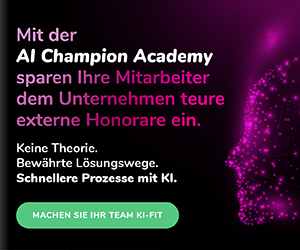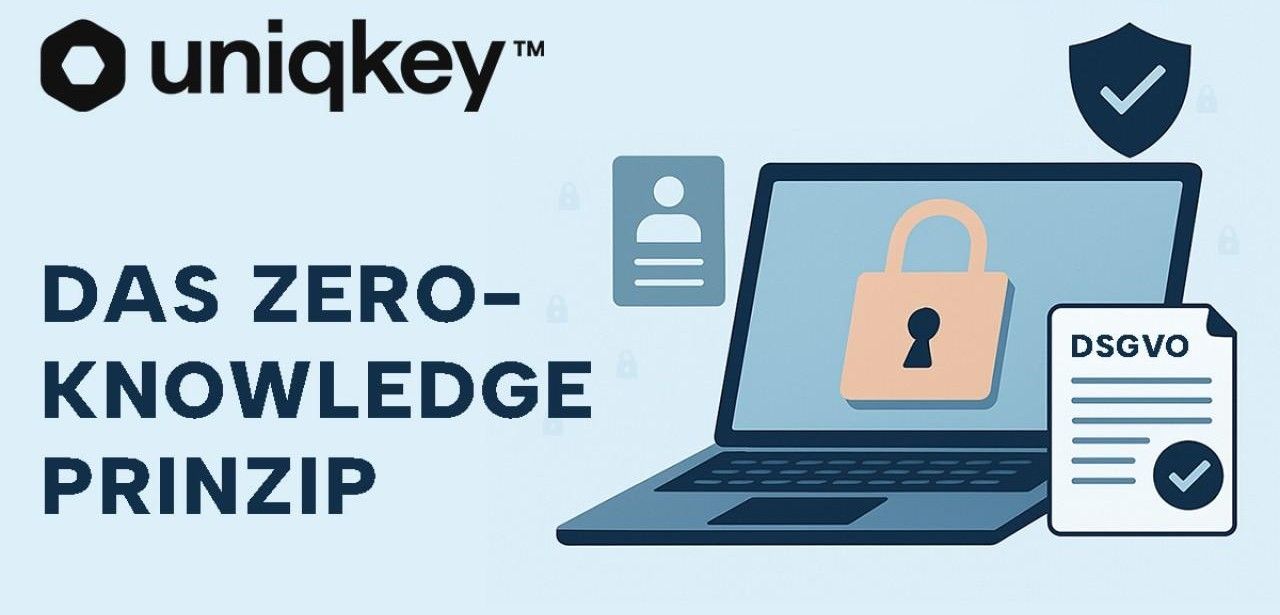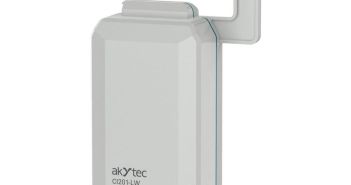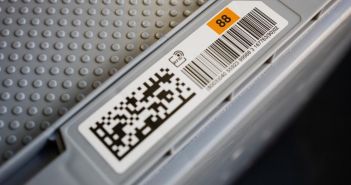Zero-Knowledge cryptographic proofs enable verification without revealing underlying secrets, ensuring privacy preservation in validation. Uniqkey employs this principle within a Zero-Trust framework, encrypting credentials locally on devices and preventing server-side decryption. Users maintain exclusive control over their data, achieving strict GDPR compliance. A 30-day trial facilitates straightforward evaluation. Comprehensive audit logs provide transparency, while integrations with Microsoft Azure AD and Google Workspace streamline deployment. Granular permission controls reinforce organizational resilience.
Table of Contents: What awaits you in this article
Zero-Knowledge Proofs Confirm Secrets Without Disclosing Underlying Data
Zero-knowledge proofs enable one party to prove knowledge of a secret without revealing any underlying information. The prover and verifier exchange cryptographic challenges and responses, convincing the verifier of the provers legitimacy without exposing sensitive details. This applies to digital and analog scenarios, like showing safe contents without divulging the combination. Zero-knowledge protocols protect privacy, minimize data exposure, and reinforce security in identity, transaction, and access control processes and compliance.
1980s Cryptographers Established Zero-Knowledge Proofs Critical For Modern Security
During the 1980s, pioneering cryptographers Shafi Goldwasser, Silvio Micali, and Charles Rackoff introduced the foundational theory behind zero-knowledge proofs, transforming what seemed like science-fiction into an element of security frameworks. By enabling one party to validate possession of a secret without revealing it, this approach minimizes the data transmitted. In an era defined by escalating cyber threats and privacy breaches, zero-knowledge methods significantly diminish attack surfaces by limiting shared information.
Interactive Proofs, Discrete Logs, Elliptic Curves Empower Zero-Knowledge Verification
Zero-knowledge protocols rely on interactive proof systems, discrete logarithms, and elliptic curve cryptography to generate verifiable attestations. They enable participants to confirm knowledge of a secret without disclosing the secret itself. Communication proceeds through challenge-response steps, incorporating randomness and computations to produce a statistically sound proof. Each party verifies the validity of received proof without gaining any confidential data. The process prevents manipulation, impersonation, or leakage of underlying secret values.
Zero-Knowledge Authentication Secures Blockchain Transactions Without Revealing Sensitive Data
In blockchain networks, zero-knowledge proofs allow nodes to validate transactions without exposing user identities or transaction specifics, ensuring privacy and ledger transparency. In identity management and banking environments, this technique safeguards customer information by verifying credentials without transmitting personal data. Likewise, password managers, secure online payment platforms, and healthcare data exchange systems leverage zero-knowledge proofs to confirm access rights or data authenticity, maintaining privacy by never disclosing underlying sensitive details.
Zero-Knowledge Eliminates Data Exfiltration Risk, Simplifies GDPR Compliance
By eliminating every opportunity for unauthorized data extraction, organizations can substantially lower the likelihood of information breaches. Companies adopting zero-knowledge techniques never store credentials, financial details, or personal health records in readable formats. This approach significantly shrinks the potential attack surface and ensures that sensitive information remains encrypted at rest. In parallel, businesses achieve regulatory compliance, such as meeting GDPR requirements, with streamlined, cost-effective processes and reduced internal administrative overhead.
European Password Manager Uniqkey Implements Zero-Knowledge Encryption On Device
Uniqkey, a European password manager based in Denmark, employs a strict zero-knowledge architecture that encrypts all credentials directly on the users device. By leveraging a dual-key mechanism and local processing, this design ensures that neither Uniqkey nor unauthorized third parties can ever view passwords in plaintext. Each accounts master secret remains solely on the endpoint, eliminating server-side decryption risks and providing robust protection against data breaches and unauthorized access attempts.
Device-Specific Key Combined With Master Access For Local Decryption
Uniqkey leverages a dual-key architecture by pairing a master credential, such as a password or biometric factor, with a device-specific key. Both elements must be present locally to initiate decryption directly on users endpoint. Meanwhile, all stored information remains encrypted server-side, unreadable even in case of a server breach. Local decryption mitigates server-side risks, preserves user data ownership. This design ensures no sensitive data can be exfiltrated without both credentials.
Uniqkey Uses Decentralized Client-Only Keys to Prevent Insider Access
Uniqkey employs a decentralized key management model, ensuring that individual users exclusively retain their private encryption keys. In contrast to conventional solutions where providers or intermediaries hold central master keys, Uniqkeys approach removes any possibility of third-party access to stored credentials. No internal staff, external authorities, or the company can decrypt user data. Eliminating centralized key repositories, this architecture significantly reduces attack surface and mitigates risks associated with insider threats.
Zero-Knowledge Architecture Empowers Companies with Complete Credential Control
The Zero-Knowledge architecture empowers organizations to maintain full control over access credentials, ensuring sensitive authentication data stays secure. Uniqkey offers GDPR compliance, granular permission management, and detailed audit logs for complete visibility. Scalable integrations with Microsoft Azure AD and Google Workspace simplify deployment into critical existing systems, accelerating adoption. This approach boosts operational efficiency and organizational resilience by reducing risks and supporting growth without compromising security across distributed enterprise environments.
Uniqkey Provides Secure Passwords Through Intuitive Interface And Setup
Despite common perceptions that robust security interfaces are inherently complex, Uniqkey presents an intuitive, user-centric dashboard designed to streamline credential management. Straightforward workflows guide users through action, while step-by-step wizards simplify configuration without sacrificing protection. First-time users benefit from contextual prompts and clear visual indicators, reducing learning curves and minimizing support tickets. In daily operations, this experience turns password enforcement into a seamless ally, supporting productivity instead of posing obstacles.
Uniqkey ISO 27001 Certified With Zero-Trust Access And Validation
Uniqkey has obtained ISO 27001 certification and is subject to ongoing reviews performed by accredited independent auditors. Its design incorporates a strict zero-trust methodology, individually authenticating every user access request, system action, and device interaction before granting permission. This rigorous validation framework effectively reduces both internal and external threat vectors, ensuring compliance with best-practice security controls. Organizations leveraging Uniqkey experience significant improvements in data protection through automated, detailed audit logs.
Implement Zero-Knowledge Now To Fortify Digital Resilience And Trust
Amid evolving privacy regulations and accelerating global connectivity, zero-knowledge protocols emerge as an indispensable cornerstone for modern cybersecurity. Adopting these cryptographic techniques early enhances digital resilience by ensuring sensitive credentials remain confidential and unverifiable by unauthorized parties. This strategy builds stakeholder confidence among customers, partners, and employees by demonstrating a commitment to data protection. Uniqkey facilitates this transformation, offering enterprises a secure platform to integrate zero-knowledge architectures, supporting compliance and strengthening information governance.
Uniqkey leverages zero-knowledge principle for enterprise-grade password management solution
Uniqkey demonstrates application of the zero-knowledge principle to deliver secure password management, ensuring complete data sovereignty by preventing unauthorized access. Compliance with GDPR and a zero-trust framework further minimizes vulnerabilities, while audit logs reinforce accountability. Local encryption safeguards credentials on each device, and ISO 27001 certification attests to robust security measures. By combining scalability, user interfaces, and integrations, Uniqkey provides organizations of all sizes with resilient protection for sensitive credentials.














